2021 Climate Deep Canvassing
In 2021, KFTC and our partners in the Kentucky Just Transition Coalition knocked on thousands of doors to talk with Kentuckians living in urban, small city, and rural communities about the climate crisis.
Using an empathetic, non-judgmental approach called Deep Canvassing, we had meaningful conversations with more than 600 people. We asked how concerned they are about climate change, and invited people to share stories about ways they’ve been harmed by extreme weather, health conditions made worse by air pollution, or job losses related to our shifting economy.
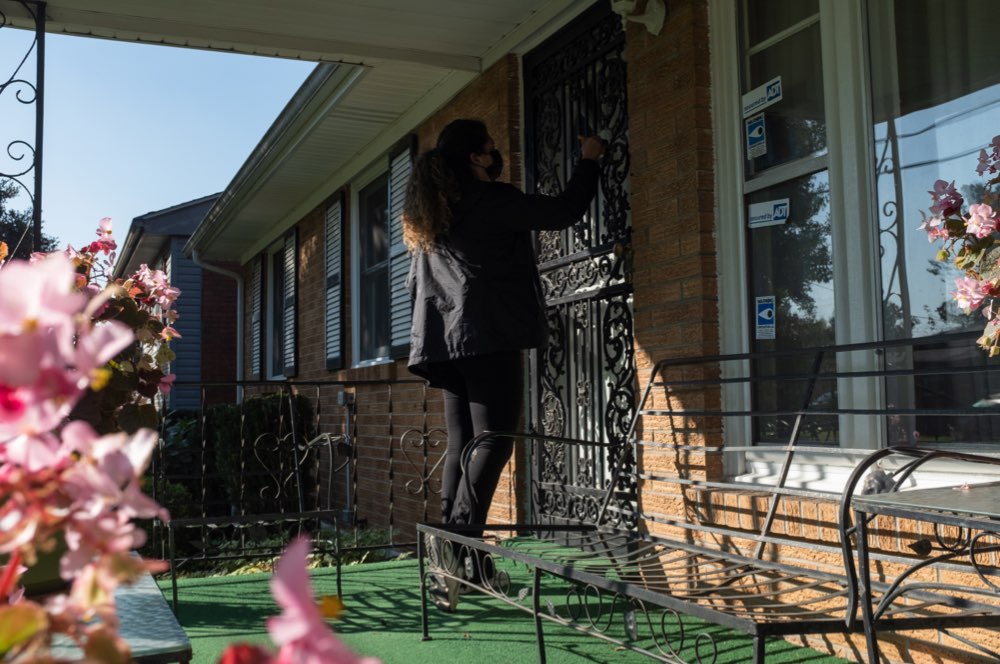
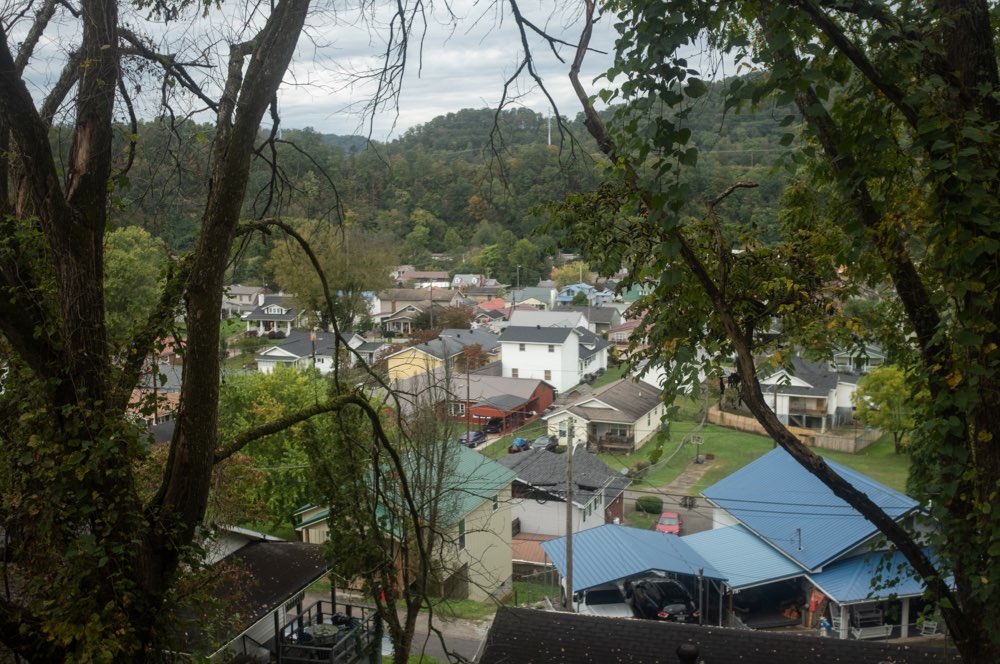
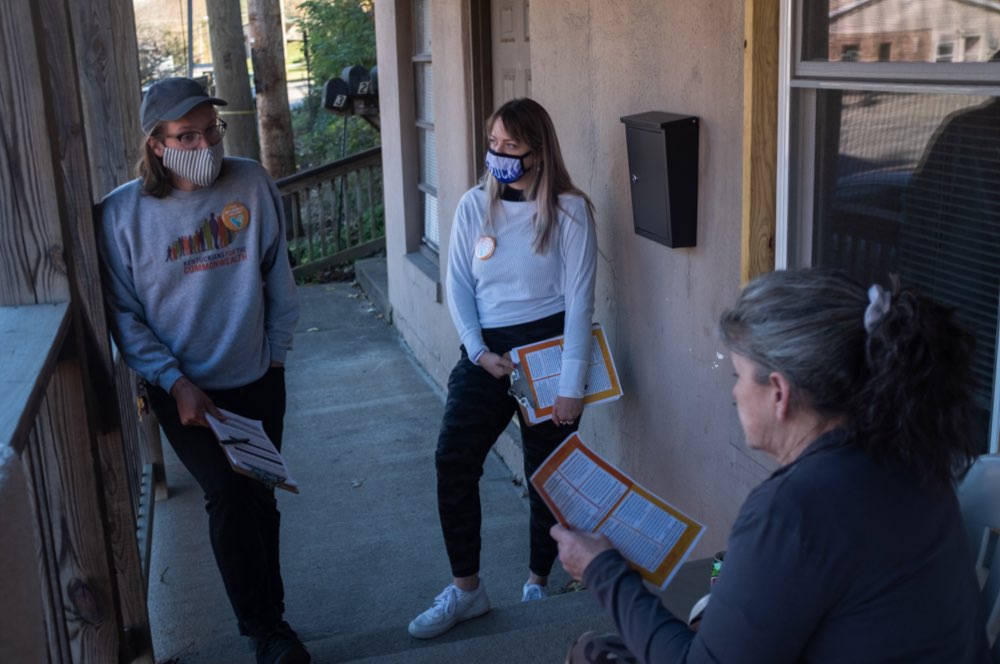
Teams of canvassers knocked every door in racially diverse low- and moderate- income precincts, primarily in Bowling Green, Louisville, and Hazard, Kentucky.
We learned that a large percentage of Kentuckians are aware and alarmed by the climate crisis.
Percentages are as follows:

Jeff
Louisville
We watched our grandmothers go through it. We watched our mothers go through it. The buck is here buddy. We not gonna let your million dollar investments stop us. We not gonna let your rich lobbying friends move us no more. Because guess what? The power is in the people the people don’t stop.
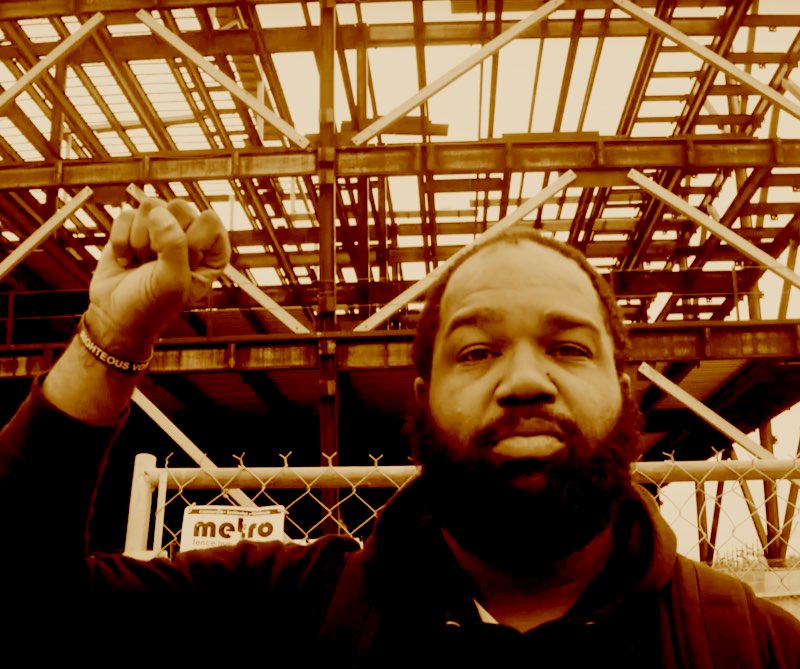
Sue
Hazard
It needs to be done now. We need to start in that direction and we don’t need to let up. We need to keep it up until the next generation has good clean energy and a good clean world to live in. It’s up to us right now. What we do now is going to affect generations on down the line.
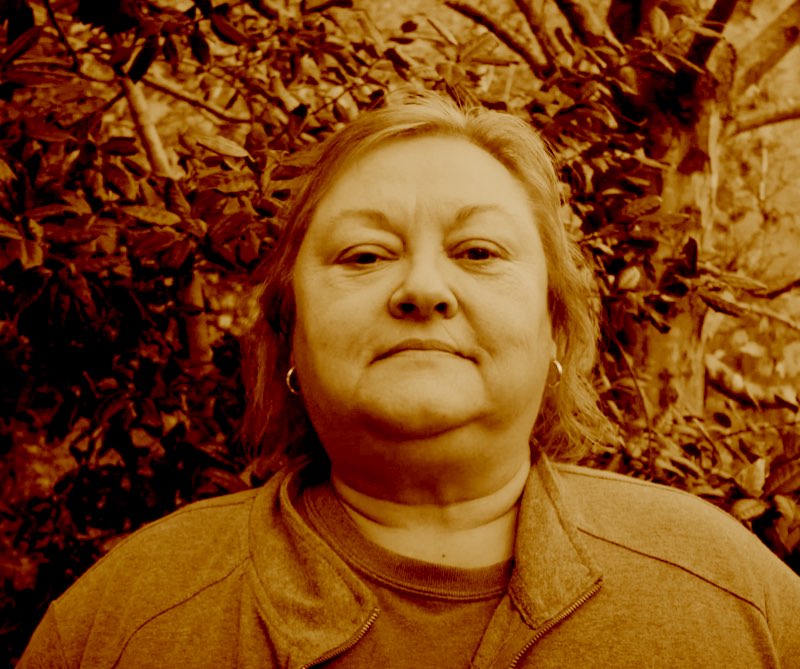
Jack
Bowling Green
In the real world I see a lot of people with a lot of hope, acting with a lot of hope. And it makes me want to do the same thing.

Steven
Louisville
When it comes to air quality, I just feel like everyone is wanting to take flight from an area like this. I think it’s important that the people who do love to stay here should be able to stay here and live here and have great air quality and to have a great community.
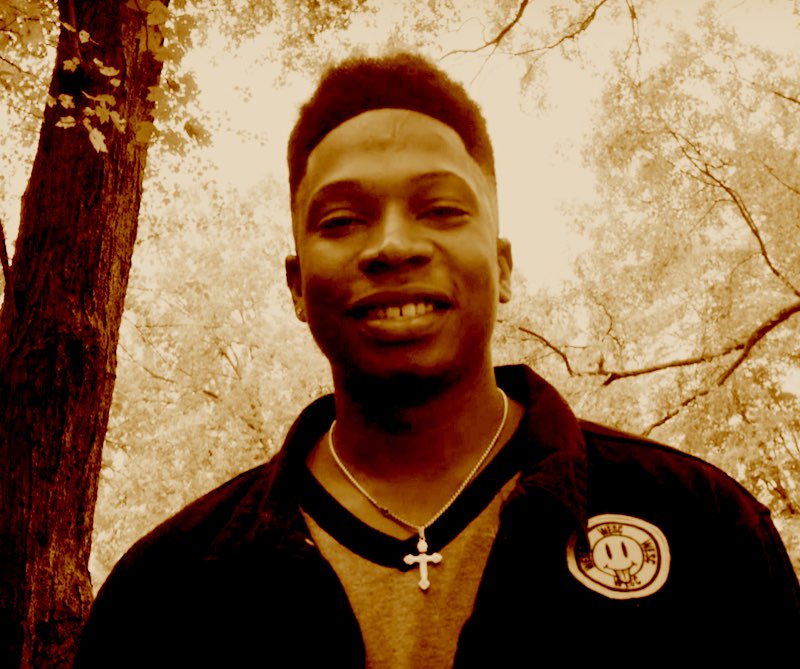
Crystal
Hazard
There should be something here that should keep people from having to do the things that we have to do when it floods. I have neighbors who have had to carry their children across flood waters on their shoulders, not knowing if they’re going to have their feet swept out from and under them and have them and their children carried away.
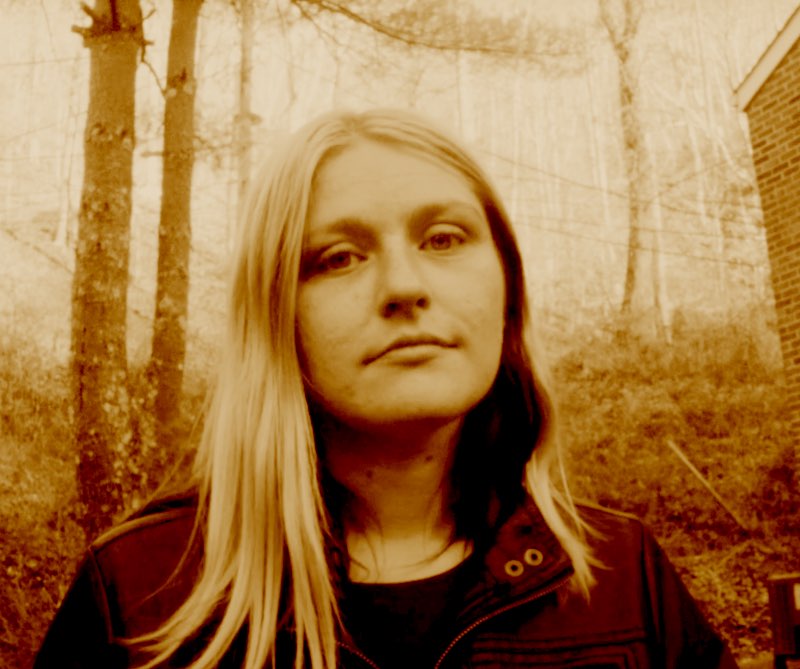
Max
Bowling Green
The Earth is very forgiving, but we’ve got to act now and we’ve all got to do our part. I’m hopeful that we will do that because I see it in my community. I see more folks caring about the way they eat and the way that they treat other people. That makes me more hopeful.
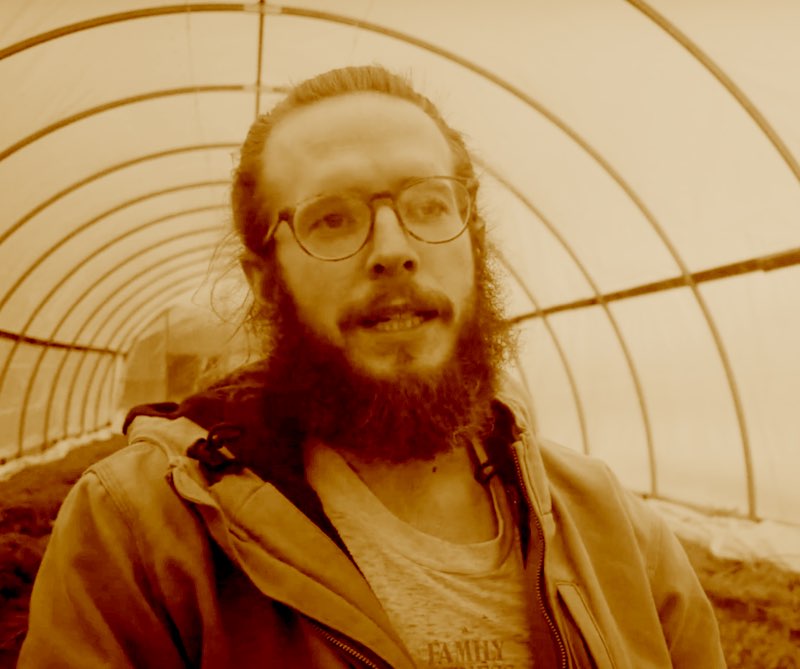
Dee
Hazard
A lot of older people who have always known coal, they don’t wanna go get trained in anything else. They feel like they are too old, but in reality you are never too old to learn anything new.
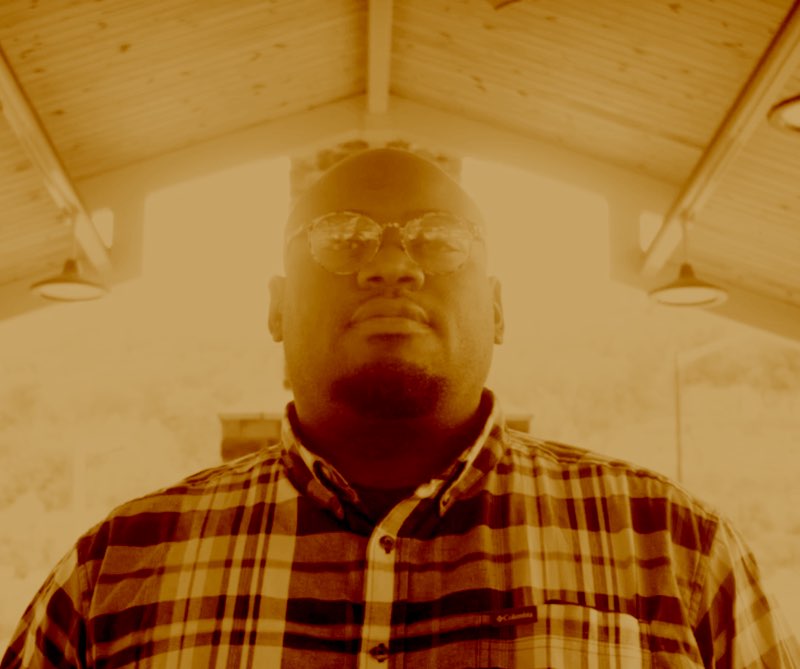
Ethel
Louisville
If you give up hope you lose everything. That’s one thing we have to hold on to is hope and our faith because we came a mighty long way already.
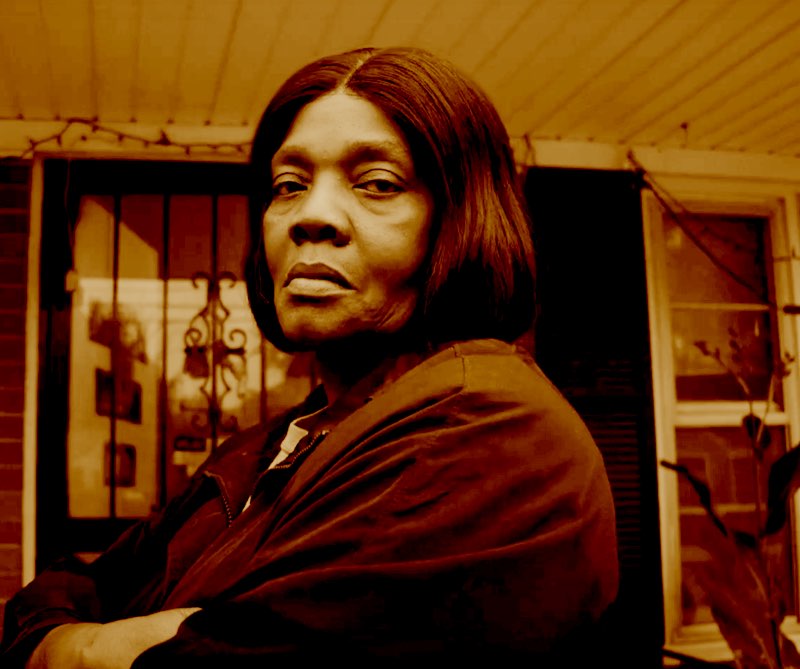
Bennett
Bowling Green
They try to put so much on us, the individual, to make changes when one person can only do so much. You’re not going to have as big of an impact as a corporation making large scale changes to how it operates.
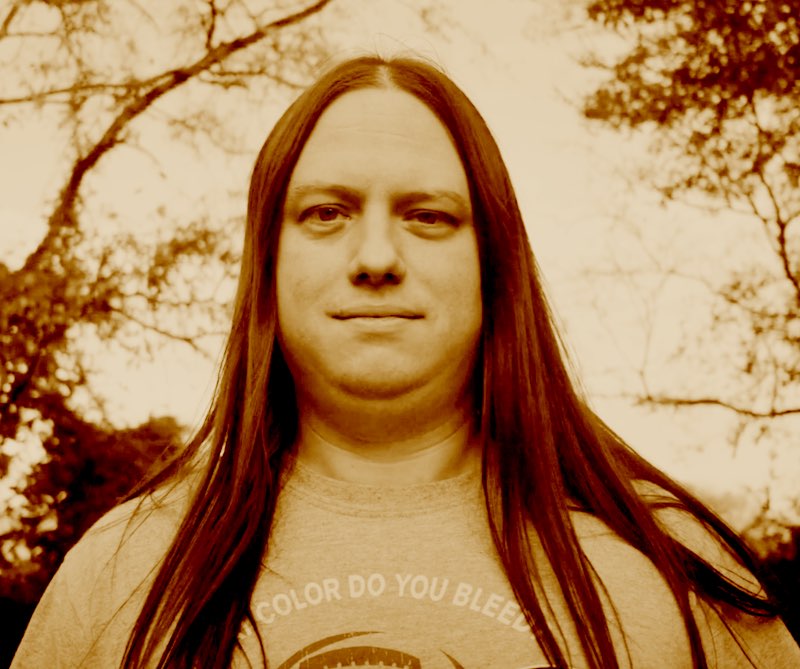
Penny
Louisville
The temperature is different. The plants are different. The air quality is so much different. You can still go to parts of the country where the air quality is unbelievably clean. Then you come back to Louisville…
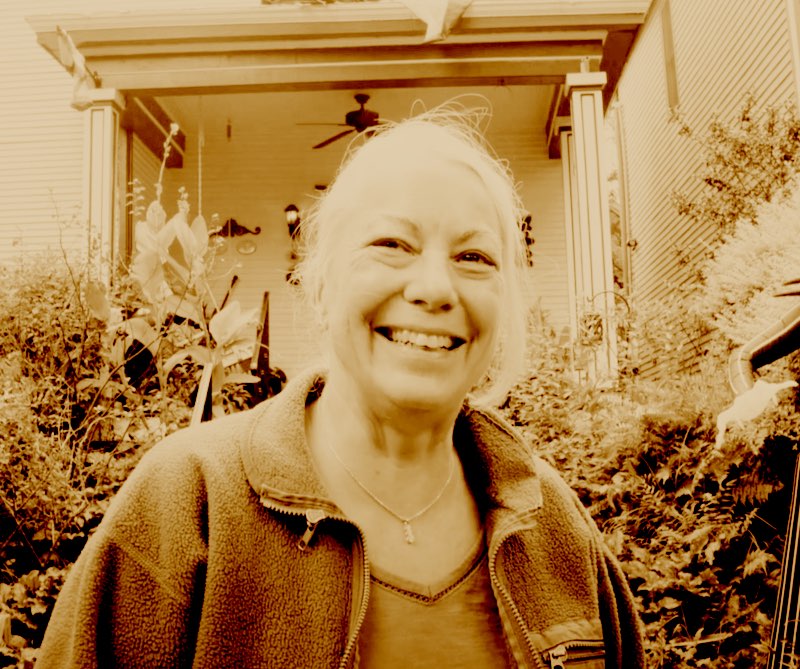
Lucas
Hazard
There’s a lot of history in the coal mines…It’s part of our history, it’s part of our heritage here, but when the mines went down at first everybody went looking for another mining job. I think when they seen, ‘well there ain’t no more mining jobs’, they started looking for another high-paying job. And if those had been there, I have no doubt in my mind we would have took them … Any industry could have come in here.
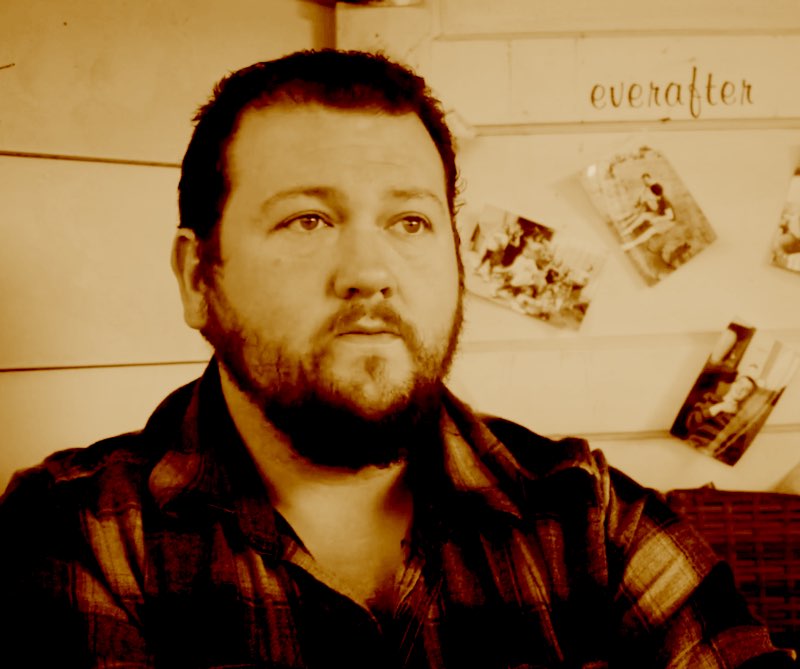
Cynthia
Bowling Green
This isn’t just something little like a pothole in the road that you can just drive around. This is the whole planet. It’s the animals, the plants, the kids, and the adults. It’s everything and everybody.
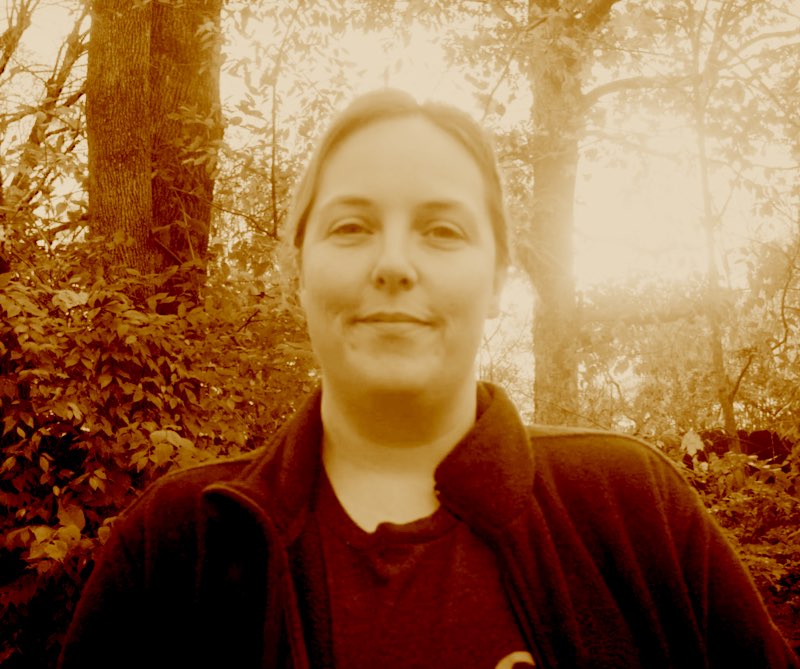
Key-themes & lessons learned
- People were often eager to talk. Over and over, we heard, “I think we were meant to have this conversation.”
- We found widespread concern about climate change. 68% of people we spoke with ranked their concern as a 6-10 on a scale of 1-10.
- Even when folks reported low levels of concern, they often shared stories of floods, asthma, COPD, job losses, or other struggles that they didn’t necessarily link with climate change.
- We observed a collective sense of isolation; many people told us, “No one else feels the way I do about climate change.”
Most Common Problems
-
Pollution from negligent industries
-
Loss of coal jobs
-
Flooding
-
Asthma
-
Corruption
Most Suggested Solutions
-
Diversify the local economy
-
Help people fix up leaky houses
-
Reclaim mine lands
-
Improve infrastructure
-
Take collective action
Video and photography captured for this project was provided by Jared Hamilton Visuals